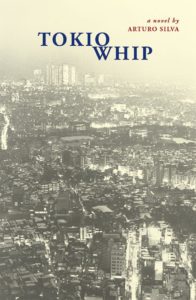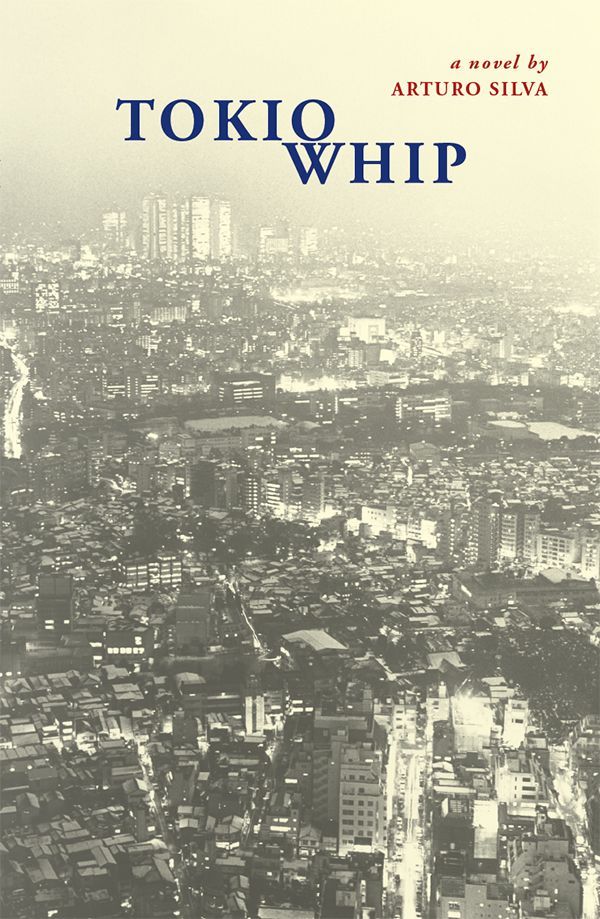

Support BOA by ordering Tokio Whip through these links:
Amazon Japan
Thanks for helping support Books on Asia!

“Tokio Whip exults in a discovery that every Tokyoite makes: that the constant sense of disorientation created by a city of such vastness and variety can offer a giddy form of liberation; that one can find oneself in being lost.”—Kyoto Journal
Book Description: A group of people walk across, around, and all over Tokyo.They talk, talk, talk. A linguistic, experiential, cartographical novel.
What is Tokio Whip?
The city in language, the city as language, on the micro and macro levels; an “experimental” novel, meaning only that style and structure are paramount over story and character (though those are there too); a linguistic, stylistic, structural, cartographical, experiential (eighteen years!), reading of Tokyo–a reading on every level–a city novel that begins with its title. Read more in the Reader’s Guide (a downloadable pdf) that will help you interpret the book’s rather elaborate structure.
Books on Asia’s Take:
This experimental novel has the feel of one that garners a cult following and is the perfect choice for those who want something original, entertaining and interactive. It’s an up close and personal look at discovering Japan’s great city.
****
David Cozy, in his review in the Japan Times writes: Tokio Whip, we come to see, is part of the lineage of great modernist novels about cities. Silva mentions James Joyce’s renderings of Dublin as part of the tradition to which his novel belongs, and in “Tokio Whip,” as with “Ulysses,” we have a certain surface incoherence obscuring an underlying coherence. Readers will find themselves asking, “How does this fragment connect with that?” and “Who, in this conversation, is talking with whom?”
****
The Kyoto Journal writes:
“Ostenesibly, Silva narrates the estrangement and eventual reunion of two European former lovers, Lang and Roberta in Tokyo. But his real preoccupation is with the capital’s anomalous fusion of coherence and incoherence, which he celebrates in a lively collage of fictional fragments, film summaries, historical vignettes, lurid tabloid articles, overheard conversations, playfully misquoted quotations and travel anecdotes.”
